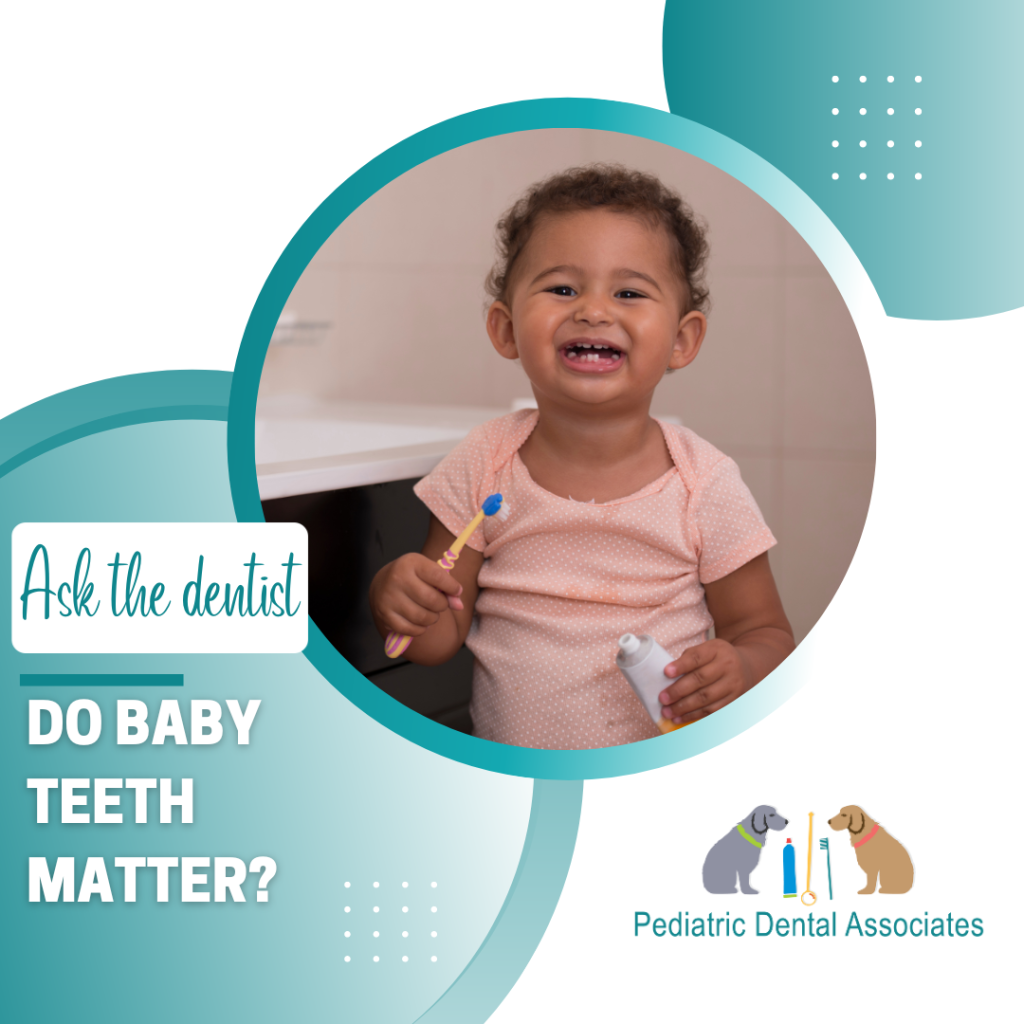Key Facts Every Parent Should Know
Your child is the most important person in the world to you, and they deserve the best. That’s why we’ve compiled this list of everything you need to know about baby teeth so that you can be confident that your baby is on track with their development.
Baby teeth development
Baby teeth start to develop during the 6th month of pregnancy. They erupt at about 6 months, in a specific order:
- Central incisors (6-9 months)
- Lateral incisors (10-12 months)
- Canines (13-15 months)
By 2 years of age, all 20 primary teeth should be in place and ready for you to start brushing them daily! As your child gets older, their permanent teeth will replace those first 20 baby ones–but don’t worry: it’ll happen naturally over time without any effort from you or your child!
Primary teeth are important!
Primary teeth are important! They are the first set of permanent teeth, and they help with many different things.
- Speech development. When you’re learning how to talk, primary teeth assist in forming sounds and producing words.
- Chewing and digestion. Primary teeth help you chew your food properly so that it can be digested more easily by the body. This means that children who have lost their primary (baby) teeth may have trouble eating certain foods, especially if those foods require a lot of chewing before they’re broken down enough for easy digestion by the body’s enzymes and digestive juices inside the stomach and intestines (such as nuts or raw vegetables).
- Facial growth/development. If something goes wrong during this process crooked smiles can develop instead of straight ones; or perhaps even worse: missing teeth altogether…not fun either way!
Why do baby teeth fall out?
As children grow up, their baby teeth fall out so that their permanent teeth can come in. The reason for this is that the adult jaw is bigger than the child’s jaw was at birth–and if you had a bunch of extra space left over on either side when all your adult teeth came in (which would make it even harder for them to fit), then there would be room for infection to form between them and around them too easily.
So, what does all this mean? It means that you should make sure your child brushes twice daily with fluoride toothpaste; flosses daily as well; has regular dental checkups every six months or yearly depending on how much plaque builds up between visits; and chooses healthy snacks instead of sugary ones so there’s less chance for decay. Take care of baby teeth because healthy baby teeth mean healthy adult teeth!
About Pediatric Dental Associates of Alabama
Pediatric Dental and Orthodontics Associates of Alabama is led by top-rated pediatric dentists with locations in Birmingham, Cullman, Hoover, Medplex, Oxford, and Pell City. When looking for your child’s dentist, know that we aspire to be the premier provider of pediatric dental and orthodontic services in Alabama. We also provide orthodontics in our Hoover, Medplex, and Cullman locations. Be the reason someone smiles today!

